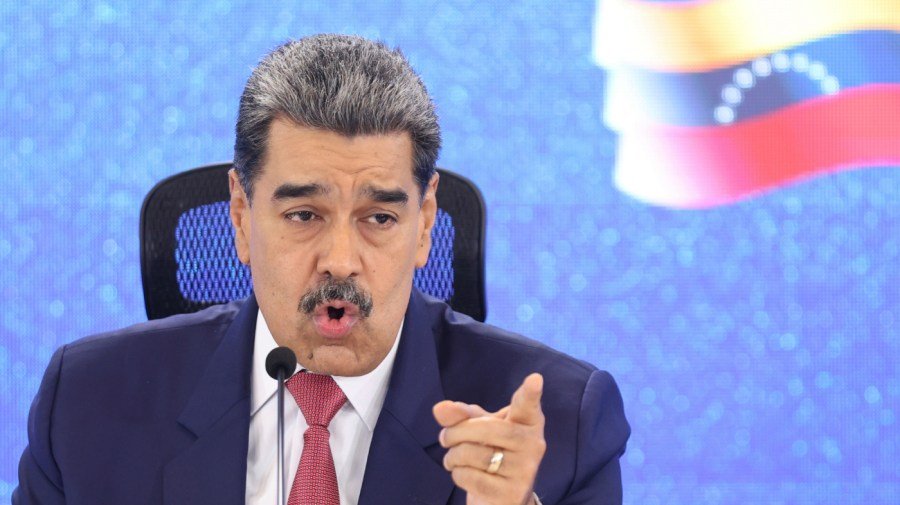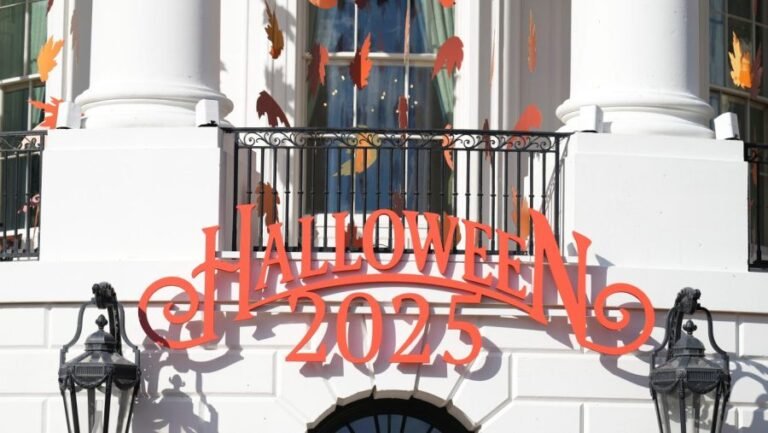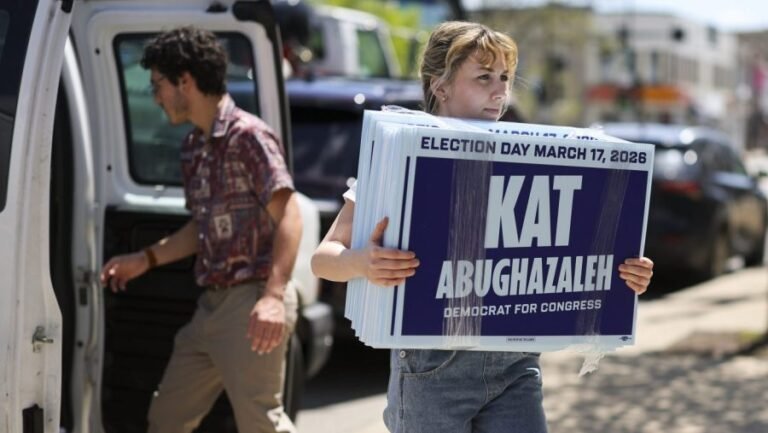
Critics of the Trump administration have questioned the legality of his deployment of military force against Venezuelan narcoterrorists. A failed resolution in the Senate tried to block further strikes, which sponsor Sen. Adam Schiff (D-Calif) called “plainly unconstitutional.”
The news media have covered the question of Nicolas Maduro’s narcoterrorist connections as a partisan issue, lending credence to the incorrect view that Maduro is the legitimate Venezuelan president.
From the context of the Trump administration’s legally questionable deployment of the National Guard against its own citizens, it’s easy to jump to the conclusion that his military pressure against the Venezuelan regime is equally unwarranted. But that perspective politicizes a topic that should speak to grave humanitarian and security issues instead of the charged, partisan disagreement.
Politicizing the right of the U.S. president to use the military against a criminal adversary is especially dangerous, because it belittles the thousands of extrajudicial deaths and repression suffered by Venezuelans under the brutal Maduro regime. It also ignores that Venezuela represents a legitimate security threat.
Venezuela’s activities warrant U.S. military presence. Anti-U.S. terrorist groups such as Hezbollah in Venezuela have been active for decades and pose a growing danger. The Colombian journal Scielo found that Hezbollah, as an Iranian proxy, conducts myriad forms of hybrid warfare in Venezuela.
“Although this region is not an area of armed operations for Hezbollah, it is seen as a key scenario for its funding, expansion, and strategic projection,” the report declared.
A strengthened Hezbollah-cartel nexus, sheltered by the Maduro regime, could serve as a hub for future attacks on U.S. interests. In 2020, an Atlantic Council analysis found the security implications of Hezbollah in Venezuela is underestimated.
“Understanding the nature of how Hezbollah operates in Venezuela, through the lens of threat-convergence theory, is critical,” the report found.
There are also precedents for invoking the Authorization for Use of Military Force against terrorists by democratic presidents, for security and humanitarian reasons, and without congressional approval.
Barack Obama authorized airstrikes against ISIS in Syria and Iraq. Bill Clinton initiated a NATO bombing campaign in Yugoslavia in response to the humanitarian crisis in Kosovo, and strikes against Al Qaeda in 1999.
Additionally, mounting international recognition of the degree of corruption, human rights violations and collusion with international criminal networks has made Maduro an unavoidable international problem. France recently joined in the fight against the Venezuelan criminal organizations by sending military reinforcements.
In September, the United Nations Human Rights Council’s report on politically motivated persecution in Venezuela concluded that “the only hope to find justice for the victims lies with the international community.”
It detailed gruesome accounts of detentions of protesters, torture, sexual violations and murders. Human Rights Watch has documented thousands of extrajudicial killings at the hands of the Maduro regime.
The Washington-based non-profit think tank Insight Crime reported that Maduro presides over a “regime of state-embedded drug trafficking.”
Their research found that Venezuela’s Cartel of the Suns is “a system of hybrid criminal governance in which the current regime has created alliances with criminal actors,” and “the Maduro system regulates these criminal economies, including the cocaine trade.
The allegation that Maduro is connected to terrorism is not incorrect, either. According to files seized by the Colombian government in 2008, the Chavez regime (which Maduro was a part of) had a longstanding relationship with Revolutionary Armed Forces of Colombia, a deadly internationally recognized terrorist group.
The European Parliament recently approved a resolution to include the Cartel of the Suns on the European list of international terrorist organizations.
In the July 2024 presidential election, the Venezuelan people overwhelmingly chose the opposition candidate, Edmundo Gonzalez. U.S. Secretary of State Anthony Blinken announced support for Gonzalez as the legitimate winner, citing “overwhelming evidence.”
Yet the regime stayed in power using threats of violence, forced disappearances and extrajudicial arrests to thwart the transfer of power. The European Union, along with the U.S. and 10 Latin American countries, refused to recognize Maduro as the Venezuelan president.
While many Americans are against the military deployment, the Venezuelan people are overwhelmingly in favor of it. Eighty-seven percent reportedly approve the U.S. “in the Caribbean under the narrative of combating drug trafficking.” Furthermore, over 95 percent of the Venezuelan diaspora support the U.S. military presence and 90 percent view U.S. actions positively
The inconvenient truth is, on Venezuela, Trump is right. Multiple negotiations with Maduro have failed. If the vast power of the U.S. military is to be used as a point of leverage to reinforce human rights and rule of law, dismantling Maduro’s regime should be one of its primary goals.
Kristina Foltz is a Rotary Scholar who writes on Latin American affairs.


